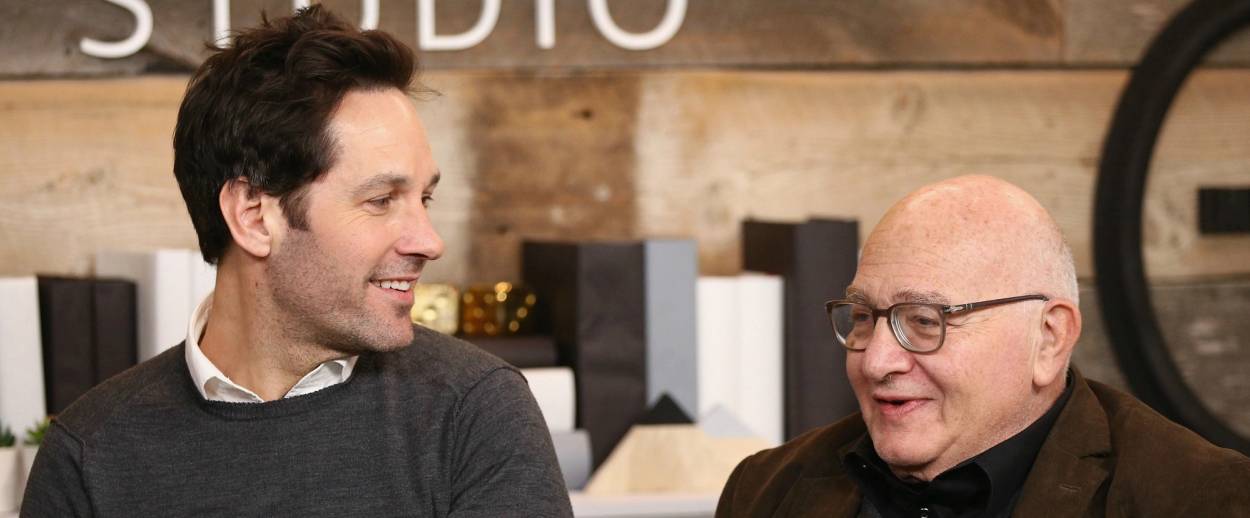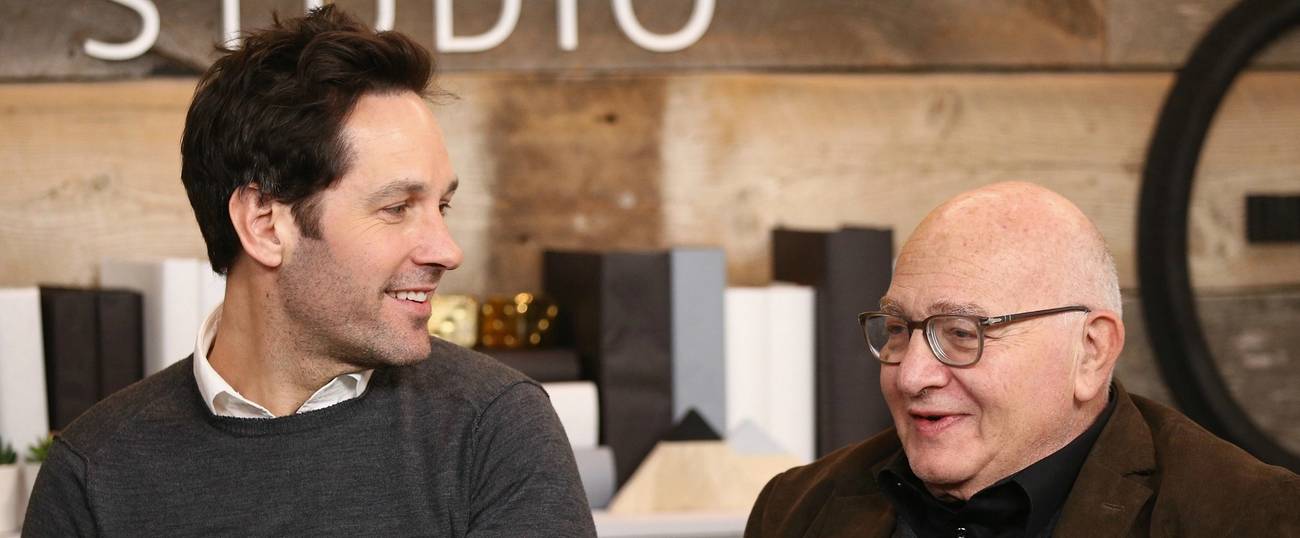Story Of Moe Berg, Baseball Player Turned WWII Spy, Set To Hit The Big Screen
‘The Catcher Was A Spy’ features Paul Rudd as Moe Berg, the titular catcher who was known to sportswriters of his day as ‘The Professor’




Moe Berg was, as a baseball player, unexceptional. He played in the Majors, bouncing around the league for between 1923-1939, but he was a career .243 hitter, and is the inspiration for this ignominious, traditional baseball scouting assessment: “Good field, no hit.”
What a scouting report might have missed: Berg had degrees from Princeton and Columbia Law, studied at the Sorbonne during one off-season, and spoke seven languages (“But he can’t hit in any of them,” a teammate once said). A diligent scout might have found that, but here’s something they certainly wouldn’t have uncovered: Moe Berg was to become a spy for the O.S.S.
That’s the premise for The Catcher Was A Spy, a big screen adaptation of the biography of the same name, by Nicholas Dawidoff (reviewed here by Jordan Hoffman). Directed by Ben Lewin (The Sessions, among others), the film debuted at Sundance last month, and stars Paul Rudd as Berg.
Berg was born to Russian-Jewish immigrant parents in a cold-water tenement on East 121st Street in Manhattan, hardly the typical starting point for a professional baseball player. But after the Berg’s moved to Newark, he began to excel at the sport, and eventually became a stand-out shortstop at Princeton (graduating magna cum laude, of course).
His success didn’t quite carry over to the Majors, and Berg bounced around for years. And yet, Berg made multiple trips to Tokyo with Major League All-Stars in the late ’30s, tagging along with superstars like Babe Ruth. He’d been invited because he spoke Japanese, not because of the quality of his play, but while he was there, he took footage of the Tokyo skyline on his own camera. After Pearl Harbor, he was able to get his footage screened for the O.S.S, and what he shot is rumored to have been instrumental in planning the 1942 bombing raids on the city.
There’s more to Berg’s exploits—he was tasked with locating and providing intelligence on Werner Heisenberg, for one—but I don’t want to give too much away. In the meantime, check out this interview with Rudd and Lewin, and listen to them talk about Berg, who was, as it was said by no less than the legendary Casey Stengel, “the strangest man to ever play baseball.”
Jesse Bernstein is a former Intern at Tablet.